IB Physics IA: How to come up with a top-scoring idea
In this blog post, Alan offers some expert advice and tips on coming up with a great IB Physics IA idea. Making sure you fully understand the IA requirements is a great place to start, along with picking a topic that really interests you.
The Physics IA: The Basics
Your physics IA is going to count for 20% of your final marks so it is crucial to get it right and to put the effort in.
Before you start thinking about your research question, make sure that you understand the IA requirements.
Where to start with your IA?
You should be familiar with the IA Physics Guide, where they are laid out in detail. Your teacher will also give you useful input and guidance. Make sure especially that you understand the importance of academic honesty. If you reference another’s work, you must include this in your citations. Your teacher may provide comments on one draft of your work but no more. Study the assessment criteria and discuss them with your teacher if you are unsure what they mean. Make sure that the material is commensurate with the level of your course (SL or HL).
Are you familiar with the assessment requirements?
I recommend looking at the IB website where some examples of assessed student work are available for you to browse. You can view the student’s own work, the examiner’s annotations, and comments here. It is a great way to understand better what constitutes a good or a bad IA, understand the criteria fully, and work out how to avoid common mistakes. Have a think about the practicals you have already carried out. Which ones did you particularly enjoy and find interesting? More importantly, what equipment is available in your school laboratory?
Which area of physics are you interested in studying and what motivates your interest? You could make links to academic curiosity, global issues like the environment (in the case of environmental physics), your hobbies, etc.
Here is a breakdown of how different IA ideas may be divided by topic; it may help you to consider the different areas of the syllabus, which may be broadly organised as follows.
- Mechanics and energy
- Thermal physics
- Oscillations and waves
- Electricity and magnetism
- Radioactivity
Don’t forget the option topics:
- Astronomy and Space
- Imaging
- Engineering
- Relativity
Types of Physics IA
Ideas for IAs may also be divided up into the following types.
The first three involve hands-on laboratory work. The last two don’t. Most IAs are based on the student’s own measurements but if you are confident that you know what you are doing, using a database or a simulation as a basis for your IA is possible.
I’d recommend that if you are not so confident, you stick to conducting your own practical.
- The measurement of a physical quantity such as the charge on the electron, or the permeability of free space or the demonstration of a physical law (Wein’s Law for example).
- Evaluating a relationship between two variables such as projectile launch angle and range, how the intensity of a light source varies with distance, how the speed of sound varies with temperature, how the efficiency of a motor changes with its power or how the power output of a solar cell varies with the thickness of cellophane laid on it, how the resonant frequency of a cantilever depends on its length.
- The measurement of the properties of materials or devices such as the specific energy of fuels, the work functions of metals, the time constant of a capacitor and so on.
- Computer simulations such as the computer simulation of a gas in order to investigate the gas laws, the simulation of a black body to determine Wein’s law or computer simulations of electromagnetism.
- Using an existing database to explore: for example, determining the circumstellar habitat around different classes of stars.
Developing your own IA
Now I’ve discussed the different types of IA and some examples, let’s see how you can come up with ideas of your own.
You might like to brainstorm ideas with fellow students to see what ideas you can come up with and discuss with them why they may or may not be good choices.
It is important for you to construct a sensible research question.
You must be able to define dependent and independent variables as well as control variables for any experiment you conduct, simulation you carry out or database you analyse.
First of all, decide on an area of interest. I will give some more specific examples of IAs listed by topic. This is where your level of personal engagement will shine through. Integrate the evidence of your personal engagement in your IA. Don’t make a specific section on it. Choose your independent variable (this must be measurable and concrete). Then choose your dependent variable, again something that can be measured. Be precise. Which variables will need controlling? Can you think of any reason why this experiment might be particularly challenging? Don’t make life hard for yourself. Then try to write your research question. Here you should focus on only one independent variable.
Here are some suggestions by topic.
Mechanics and energy IAs
How does the terminal velocity of a ball bearing depend on the temperature of the fluid it falls through?
How does the spring constant of a spring depend on temperature?
How does the energy of a pumped storage system depend on the height of the drop?
How does the vibrational frequency of a cantilever depend on its mass?
How does the pressure in a fluid depend on depth?
Thermal physics IAs
How does the rate of evaporation of water depend on surface area?
Determine the specific heat capacity of a solid.
How does the resistance of a conductor depend on temperature?
Oscillations and waves IAs
How does the intensity of a light source vary with distance?
How does the refractive index of light in a solution depend on its concentration?
How does the fundamental frequency of a string depend on its mass per unit length?
How does the speed of sound in a solid depend on temperature?
Electricity and magnetism IAs
How does the efficiency of a motor depend on its power input?
Determine the time constant of a capacitor-resistor circuit.
Investigate the relationship between the efficiency of a diode rectifier with temperature.
Determine the relationship between the emf induced in a coil and the rate of change of the flux linkage.
You get the idea! Your teacher is allowed to review one draft of your work so take their suggestions on board. Good luck!


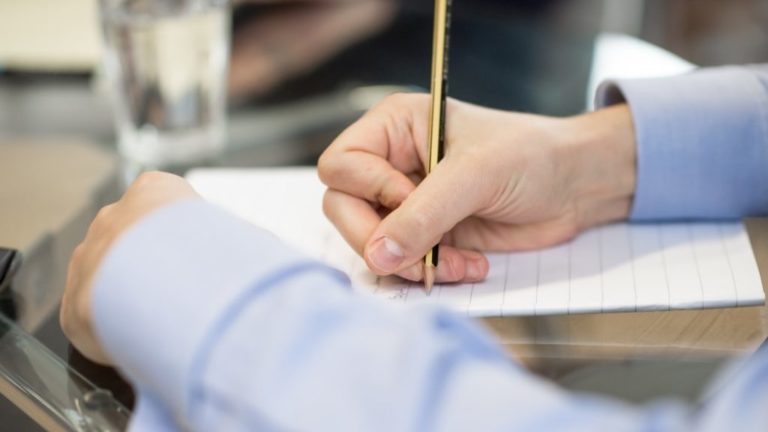



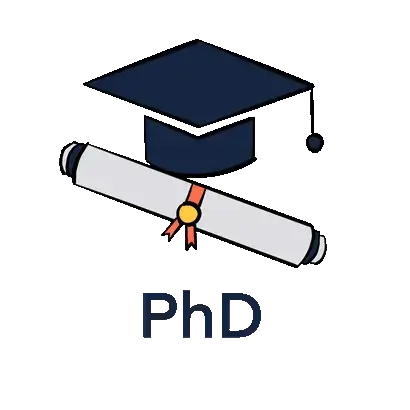
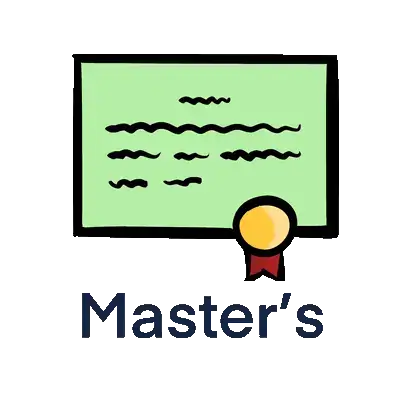
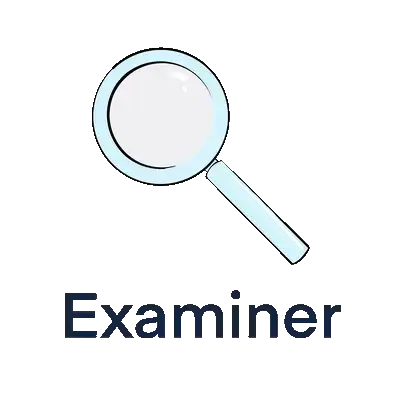
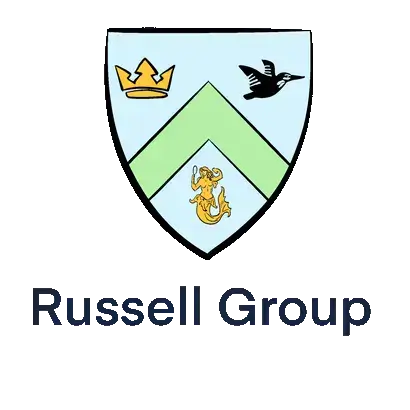
Start the discussion!